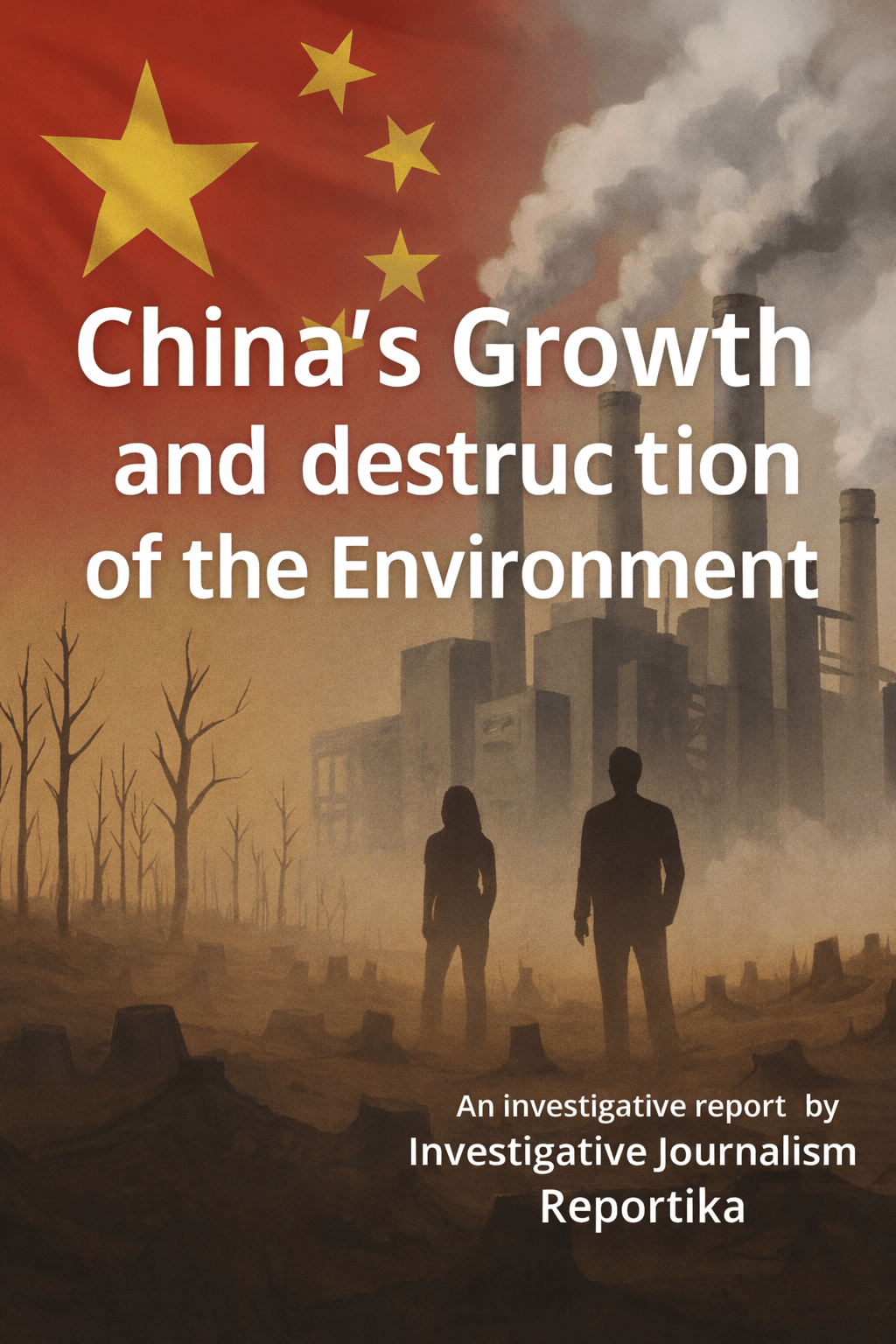She Zhijiang, also known as She Lunkai, stands at the center of one of Southeast Asia’s most complex and controversial investment scandals. Once a fugitive from Chinese law, She leveraged his international connections and the allure of China’s Belt and Road Initiative to establish a network of projects that blurred the line between legitimate development and organized fraud. This report traces his rise, the international attention it drew, and the shadowy gray zones linking real estate, gambling, and political influence.
From Fugitive to Global Investor
Public records show that in 2014, She Zhijiang was identified as the main fugitive in an illegal gambling case prosecuted by the Yantai Economic Development Zone Court in Shandong, China. Yet over the following years, he reemerged in international investment circles, promoting the so-called Asia Pacific New City project.
She positioned the project as a flagship initiative supporting Xi Jinping’s Belt and Road ambitions, claiming to actively participate in the China-Myanmar-Thailand Economic Corridor. Chinese institutions—including the China Center for International Economic Exchanges and the Sichuan Provincial Government—endorsed his efforts, and he maintained close ties with overseas Chinese communities.
Critics, however, argue that these endorsements masked a far murkier reality: Asia Pacific New City was repeatedly implicated in online gambling and fraud schemes targeting Southeast Asian markets.
Legal Hurdles and International Scrutiny
In 2020, the Myanmar government stepped in, establishing a special court that halted the Asia Pacific New City project. The Chinese embassy in Myanmar emphasized that the initiative was third-country investment unrelated to the Belt and Road Initiative. International media reports soon exposed the project’s connections to organized fraud, labeling it a pioneer in Southeast Asia’s online gambling industry.
After Myanmar’s 2021 coup and the detention of Aung San Suu Kyi, the project resumed construction. In 2022, She was lured and arrested in Thailand, but he remains unextradited to China. While in custody, he reportedly claimed prior service with Chinese national security agencies, a claim that adds a layer of intrigue to his activities.
The Family and Capital Network
Investigations reveal that She Zhijiang’s family ties intersect with other high-profile figures. His cousin, Huang Youlong—former husband of actress Zhao Wei—is also linked to early capital accumulation allegedly connected to overseas gambling. According to the International Consortium of Investigative Journalists’ (ICIJ) Paradise Papers (2017), Huang collaborated with Lim Kok Thay, the Malaysian gambling tycoon who controls Genting Hong Kong. In 2021, Huang was arrested in France, during which he reportedly received a call from Jack Ma urging him to return to China.
These connections highlight a broader network in which family, business, and political influence converge across borders, complicating attempts to regulate and monitor such investment projects.
“Shuigou Valley”: Prosperity or Fraud?
Journalists visiting She’s flagship development, dubbed “Shuigou Valley,” describe an outwardly prosperous environment. Yet beneath the surface, experts and investigative reports paint a different picture: a city built on fraudulent schemes, exploiting legal loopholes and the gray areas of international finance.
Observers warn that projects like these are emblematic of broader trends in Southeast Asia, where ambitious development, high-profile political ties, and lax oversight create fertile ground for transnational financial crimes.
Claims of Being a Chinese Spy
Since his arrest in Thailand, She Zhijiang has repeatedly claimed that he is a Chinese spy, warning that he could be “killed” by the Chinese government for political reasons. Analysts suggest these statements may be aimed at avoiding extradition to China.
In September 2024, She appeared in a short Al Jazeera documentary, claiming that he was recruited by the Chinese government in 2016 while in the Philippines. During the interview, he also alleged that former Philippine mayor Alice Guo of Bamban was “a Chinese spy just like him” and urged her to publicly admit her identity. Guo has denied knowing She Zhijiang, both in House of Representatives inquiries and Senate hearings.
These claims add another layer of complexity to She’s already controversial profile, blending espionage allegations with his international business dealings and legal troubles.
Conclusion: Lessons and Risks
She Zhijiang’s saga underscores the challenges of regulating cross-border investments and the thin line between innovation and exploitation. While projects like Asia Pacific New City may promise prosperity, they also demonstrate how individuals can exploit political and economic systems for personal gain.
As global scrutiny intensifies, Southeast Asia faces a critical question: how to foster legitimate investment and development while preventing cities and projects from becoming hubs of fraud and transnational crime.
What is Asia Pacific New City?
Asia Pacific New City can refer to several projects, including the Xiong’an New Area in China, the Yatai New City project in Shwe Kokko, Myanmar, and the Golden Triangle Special Economic Zone in Laos. These projects vary significantly in their scale, purpose, and current state, from government-led mega-projects to special economic zones with mixed economic activity.




